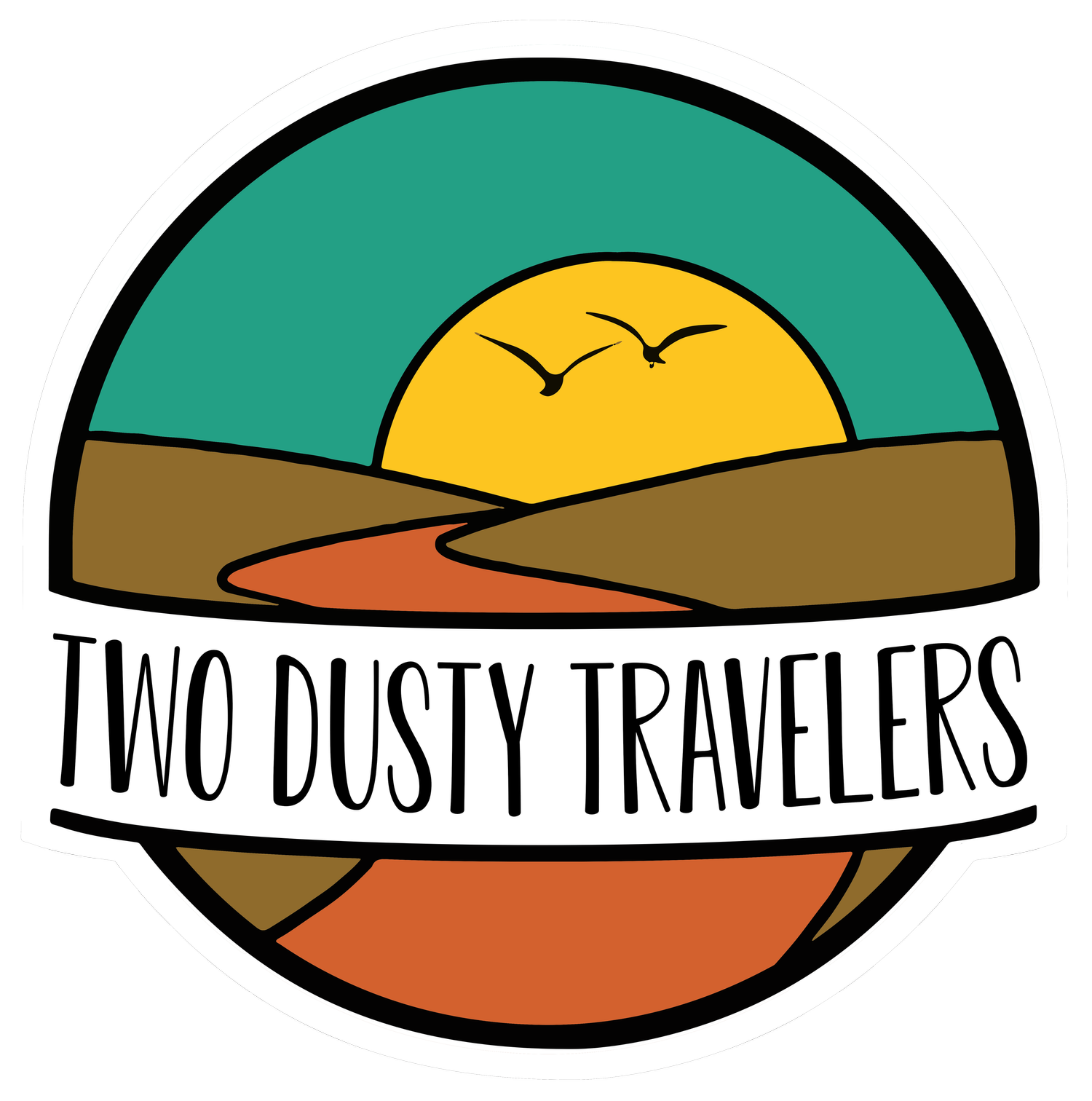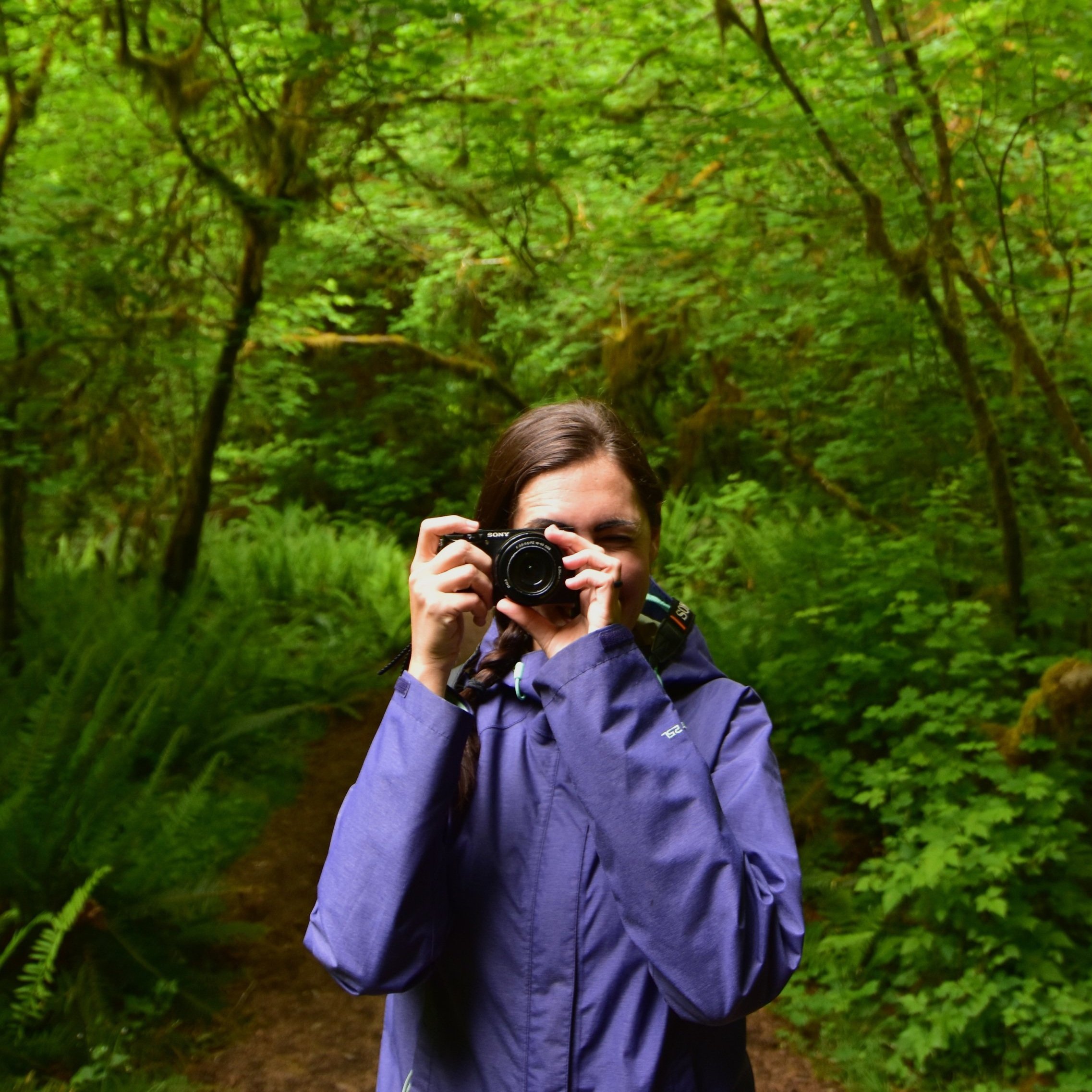Ebola Response Training - Day One
Originally written February 19, 2015
I am officially an Ebola responder with Partners in Health!
After arriving in Boston late last night, this morning the other 11 Ebola clinicians and I piled on all our layers and braved the snow for the half-mile walk to Partners in Health (PIH) headquarters to get started.
It felt pretty surreal to arrive at work for an organization that I have admired for years but never really thought I was qualified to be a part of. I’ve known of PIH since I read Mountains Beyond Mountains (a fantastic book about Paul Farmer, PIH’s founder) back in college. I’m so proud to be working for them because I feel that their mission speaks exactly to the two passions in my life that I have tried to bring together: healthcare and social justice.
I have to quote part of PIH’s mission statement, because it so clearly explains how I feel about the work we are doing: “Partners in Health strives to achieve two overarching goals: to bring the benefits of modern medical science to those most in need of them and to serve as an antidote to despair… At its root, our mission is both medical and moral. It is based on solidarity, rather than charity alone. When our patients are ill and have no access to care, our team of health professionals, scholars, and activists will do whatever it takes to make them well—just as we would do if a member of our own families or we ourselves were ill.” This sentiment is exactly why I signed up to do this work.
But back to the task at hand. We spent the day learning the history of the current Ebola outbreak and clinical care for the virus. I’ll fill you in on some of it not only because I find it fascinating, but also because it’s an important backdrop for the stories you’ll hear from me later.
This outbreak began in Guinea with a 2-year-old boy named Emil, who contracted Ebola after coming into contact with bats, which can carry the virus but are not made ill by it. In the next four weeks, all five people who had been in Emil’s household died – but Ebola was not diagnosed yet, so it continued to spread from there.
This isn’t the first Ebola outbreak, but it has been by far the worst. The first was in 1976, and there have been 25 other outbreaks between then and 2013. The death toll of all of those previous outbreaks combined was less than 2,000. So far in this outbreak, over 9,000 people have died. There are many reasons for that: Ebola outbreaks have mostly been in Central Africa so no one was expecting it in Guinea, so it had plenty of time to spread before it was diagnosed. Previous outbreaks have also been contained to rural villages, but when this outbreak reached an urban area like the capital of Liberia, it was much harder to contain.
On top of all this, it’s important to point out that the problem isn’t just Ebola – it’s about Ebola showing up in an already broken healthcare system. For example, in one county in Liberia with a population of 400,000 people, there are only 3 physicians. Health systems in Guinea, Liberia, and Sierra Leone simply weren’t equipped to diagnose, treat, and contain such a deadly contagious virus.
The side effect of the Ebola outbreak is that West African healthcare systems that were already weak to begin with have now completely collapsed. Hundreds of healthcare workers were infected and died before proper protective equipment was used, and most hospitals and clinics have shut down. Maternal mortality has skyrocketed, vaccination campaigns have ceased, and people are dying of common, normally treatable illnesses like malaria.
Fortunately, there are success stories within this outbreak. West Africa is not doomed to failure simply because it is in the developing world. When an Ebola case reached Nigeria, for example, only 19 cases resulted and the country has been Ebola-free ever since. Nigeria is an example of what a robust healthcare system can do, even in a developing nation.
This is where Partners in Health (and my team) comes in! Our goal is to help strengthen Sierra Leonean health systems, in addition to giving Ebola patients the highest level of care possible. Training continues tomorrow, and then we ship out to Sierra Leone.
I want to tell you all how much your kind words have meant to me (whether via phone, Facebook, or in person). No matter how I may make it appear, it’s never easy to leave your loved ones and leap into the unknown (though it does always seem to lead to something amazing).
Next post: I’m off to Fight Ebola
You Might Also Like:
On the 'gram:
This post contains affiliate links. This means that if you decide to make a purchase through any of the links we recommend, we get a small commission at absolutely no cost to you. This helps with the cost of keeping this site running – so thank you in advance for clicking through! And not to worry, we don’t recommend anything we don’t fully believe in or that doesn’t align with our values.












